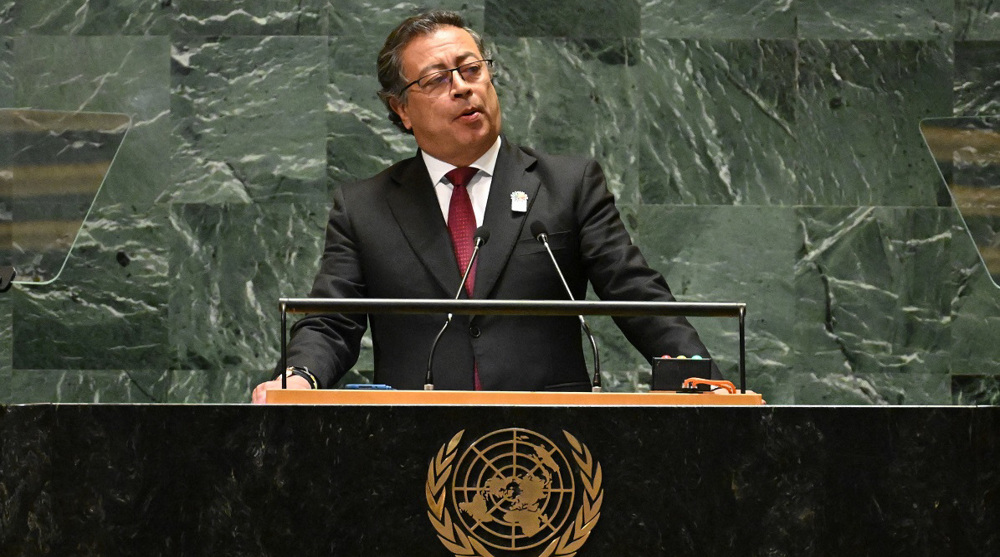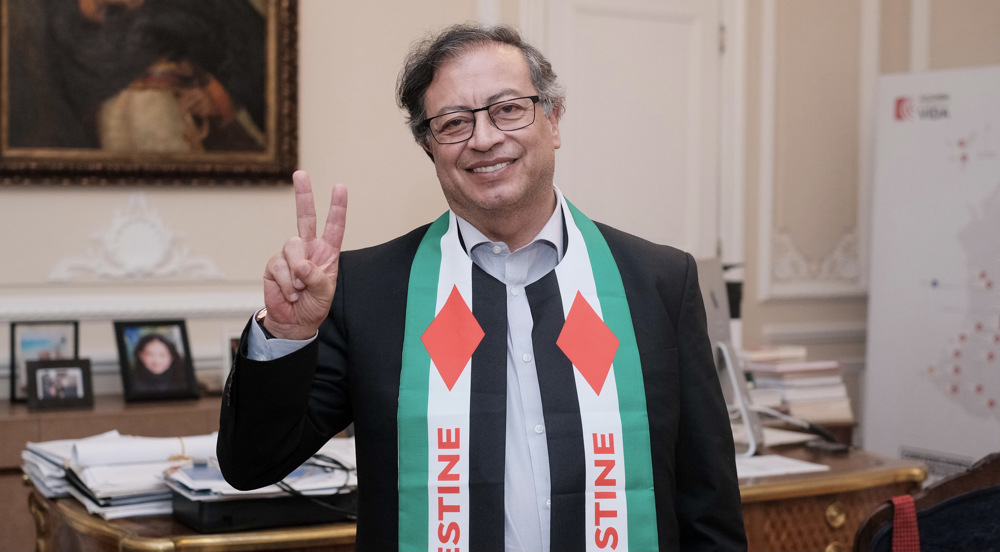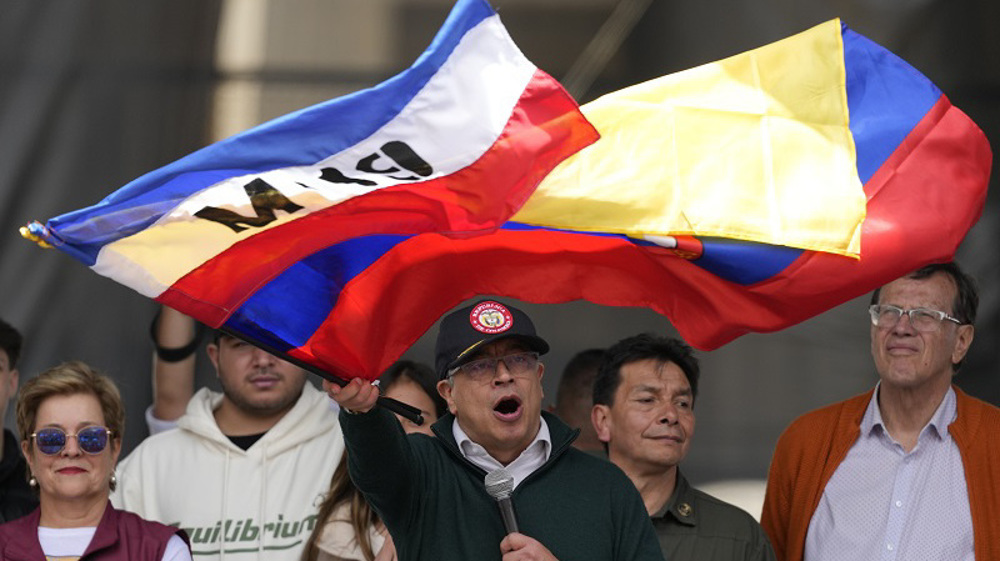Colombia opposition rejects revised peace deal with FARC rebels
The Colombian opposition has rejected the latest version of a landmark deal between FARC rebels and the country’s government as the guerrilla group is pressing Bogota to ratify the accord.
The accord is a revised version of an original deal reached between Colombian President Juan Manuel Santos and FARC leader Rodrigo Londono in September, which was narrowly voted down in a shock referendum in early October.
Opposition leader Alvaro Uribe said he "insisted on the introduction of amendments to the agreement prepared by the government and the FARC, and the government opposed these changes on substantial subjects.”
The right-wing senator held six hours of talks with government delegates on Monday.
Opponents of the deal have already said that if some of their demands were not definitely met in the new peace deal, it would be a mere “reworking of the agreement rejected by the citizens.”
“We are totally willing to engage in dialog with the government and the guerrillas concerning these changes,” Uribe said.
When the deal was first struck, the opposition insisted that it did not properly punish FARC rebels for crimes committed in the past 52 years of the armed conflict. The government engaged in new talks with the FARC then, and a revised deal emerged.
The revised peace deal addresses some of the objections to the original text but leaves unchanged two issues that had most complaints, namely the absence of prison terms for rebel leaders and a ban on them holding public office.

The crestfallen Santos, who won the Nobel Peace Prize last month despite the original deal’s rejection, now hopes to unite the divided country through the new agreement reached after four years of negotiations.
Santos said the revised deal would be presented to the Congress for discussion on Wednesday, but its seems that he will have a bumpy road ahead to the final ratification.
On Monday, FARC delegates arrived in Bogota to prepare for the signing of the peace accord, with Uribe saying that the opposition had proposed to meet guerrilla representatives.
The armed conflict between the rebel group and the government forces has left more than 260,000 people dead, more than 60,000 others missing and some 6.9 million displaced.
Israeli forces kill 7 more Palestinians in West Bank
Israel’s Netanyahu dismisses military affairs minister Gallant
Hezbollah attacks turn Israel’s Haifa into a ghost town
Iran’s FM meets Pakistani PM, discusses bilateral ties, Israeli atrocities
Iran ramps up gasoline output amid rising demand
UK foreign secretary under pressure over denial of genocide in Gaza
VIDEO | Press TV's news headlines
Hezbollah bombards explosives factory in occupied territories












 This makes it easy to access the Press TV website
This makes it easy to access the Press TV website